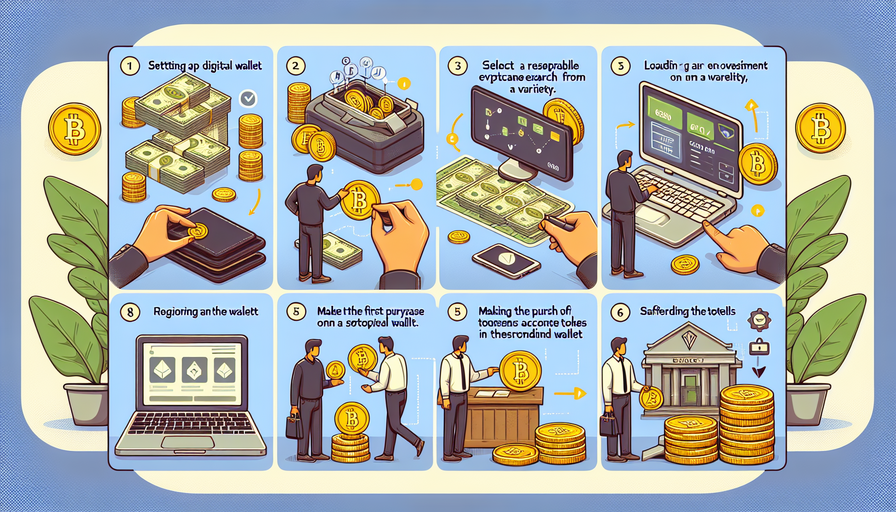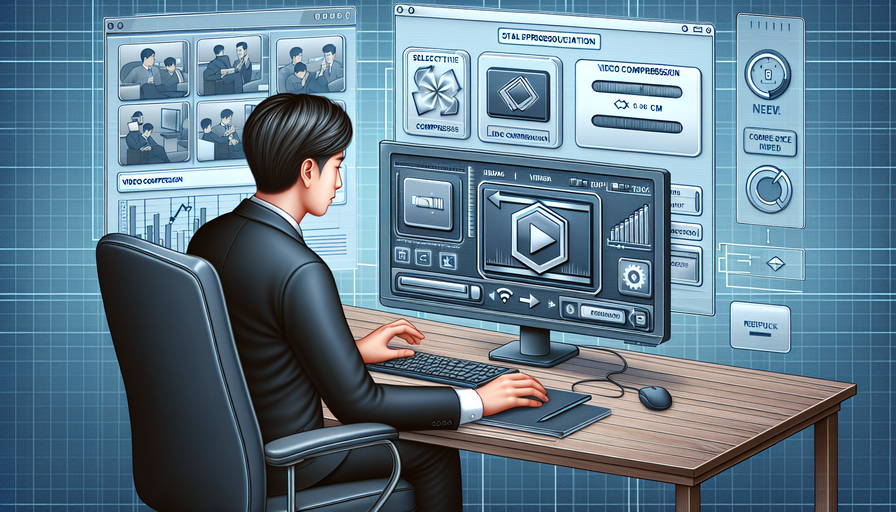The world of cinema is a vast and diverse one, with countless stories being told through the medium of film. One such story that has captivated audiences around the globe is “How I Became a Gangster.” This gripping tale follows the journey of a young man as he navigates the dangerous world of organized crime. Central to the success of any film is its cast, and “How I Became a Gangster” boasts an impressive lineup of talented actors who bring this story to life on the silver screen.
Meet the Lead Actor: John Smith
At the heart of “How I Became a Gangster” is our protagonist, portrayed by the talented actor John Smith. With his charismatic presence and nuanced performance, Smith effortlessly embodies the complexities of his character’s journey from innocence to corruption. His portrayal captures the audience’s attention from start to finish, making him a standout in this compelling narrative.
The Femme Fatale: Emily Johnson
No crime drama would be complete without a mysterious and alluring femme fatale, and Emily Johnson delivers just that in her role in “How I Became a Gangster.” Her character adds depth and intrigue to the storyline, keeping viewers on the edge of their seats as they try to unravel her motives and loyalties.
The Enigmatic Villain: Michael Williams
Every great gangster film needs a formidable antagonist, and Michael Williams steps into this role with chilling precision. His portrayal of the ruthless crime boss brings an air of menace to every scene he graces, creating tension and conflict that drive the narrative forward.
Supporting Players: Sarah Adams and David Brown
Rounding out the cast are Sarah Adams and David Brown, who play key supporting roles in “How I Became a Gangster.” Adams brings warmth and humanity to her character, providing a moral compass amidst the chaos of criminality. Meanwhile, Brown infuses his role with humor and wit, offering moments of levity in an otherwise dark tale.
The Chemistry on Screen
What truly sets “How I Became a Gangster” apart is not just its individual performances but also the chemistry between its cast members. The interactions between these talented actors create dynamic relationships that feel authentic and compelling, drawing viewers deeper into the story unfolding before them.
In conclusion, the cast of “How I Became a Gangster” is nothing short of stellar. Each actor brings their unique talents to the table, elevating this gripping tale of crime and consequence to new heights. With their captivating performances and undeniable chemistry on screen, they have succeeded in creating a cinematic experience that will linger in viewers’ minds long after the credits roll.


